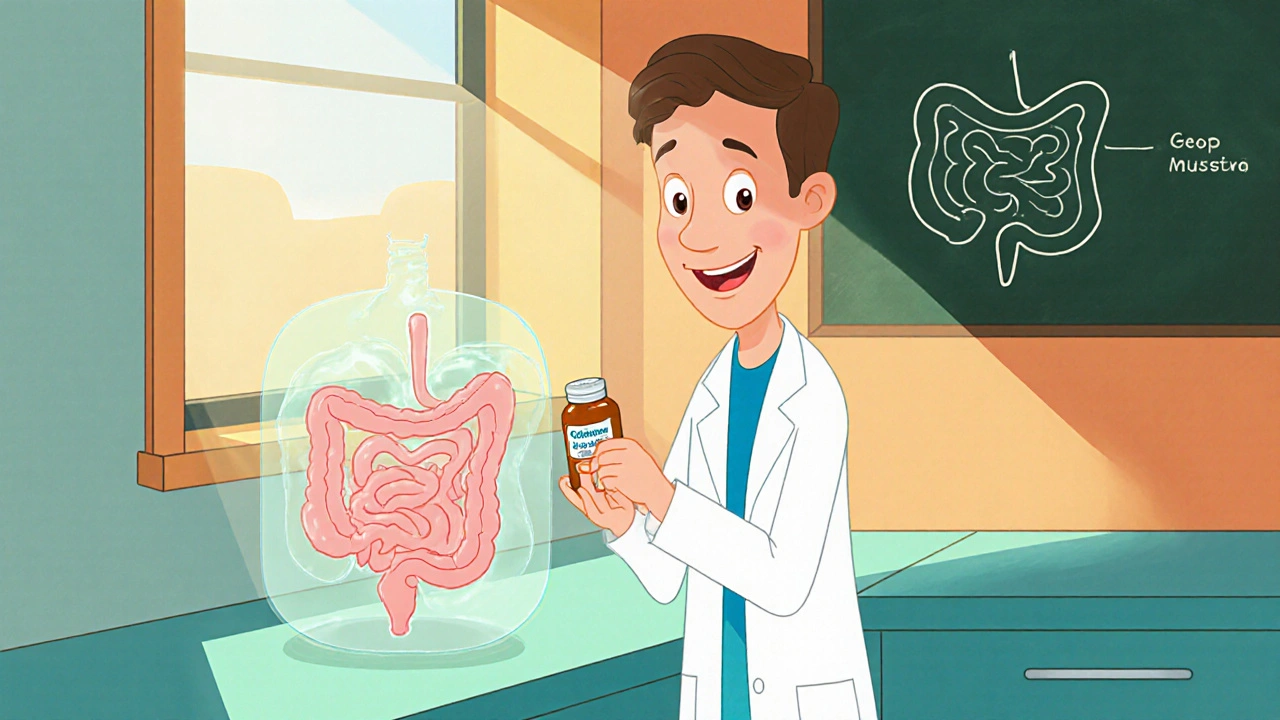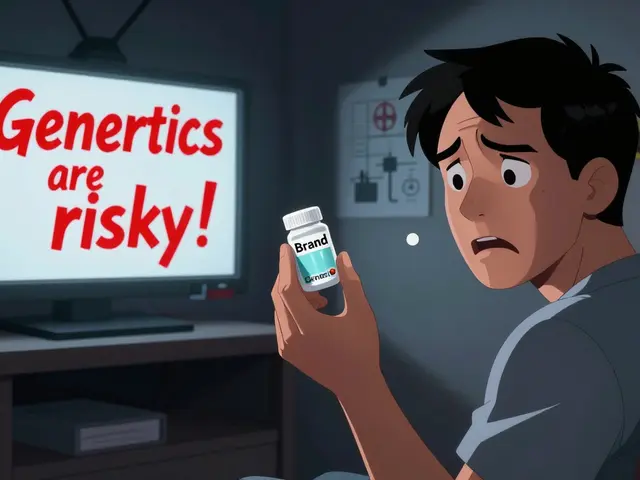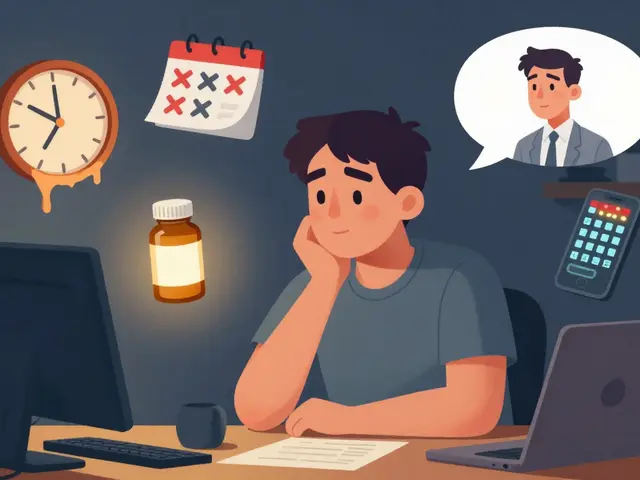IBS Treatment: Effective Options, Common Triggers, and What Actually Works
When you have irritable bowel syndrome, a chronic condition affecting the digestive system, often marked by cramping, bloating, and changes in bowel habits. Also known as spastic colon, it doesn’t show up on scans or blood tests—but the pain is real, and so are the ways to manage it. Unlike Crohn’s or ulcerative colitis, IBS isn’t about inflammation or tissue damage. It’s about how your gut and brain talk to each other—and how often that conversation goes wrong.
The gut-brain axis, the two-way communication system between your digestive tract and central nervous system plays a huge role. Stress, anxiety, or even a bad night’s sleep can trigger flare-ups. That’s why IBS treatment isn’t just about pills—it’s about lifestyle, food, and mindset. Certain foods like onions, garlic, dairy, and artificial sweeteners are common triggers, often grouped under FODMAPs, fermentable carbs that draw water into the gut and feed gut bacteria, leading to gas and discomfort. Cutting them out isn’t a fad; it’s backed by clinical studies showing up to 70% of people feel better on a low-FODMAP diet.
Medications help too, but not for everyone. Antispasmodics like dicyclomine can calm cramps. Antidepressants—yes, even low-dose ones—can reduce pain signals from the gut. Probiotics aren’t magic, but some strains like Bifidobacterium infantis have shown real results in trials. And don’t ignore movement. Walking 30 minutes a day improves gut motility better than most supplements. What works for one person might not work for another, which is why IBS treatment needs to be personal.
You’ll find posts here that dig into specific meds like Lexapro and how they help with gut-brain symptoms, what’s really behind medication-induced side effects that mimic IBS, and how things like humidity or stress can make your gut worse. There’s no one-size-fits-all fix, but there are plenty of proven paths to feeling better. The goal isn’t to cure IBS—it’s to take back control.





